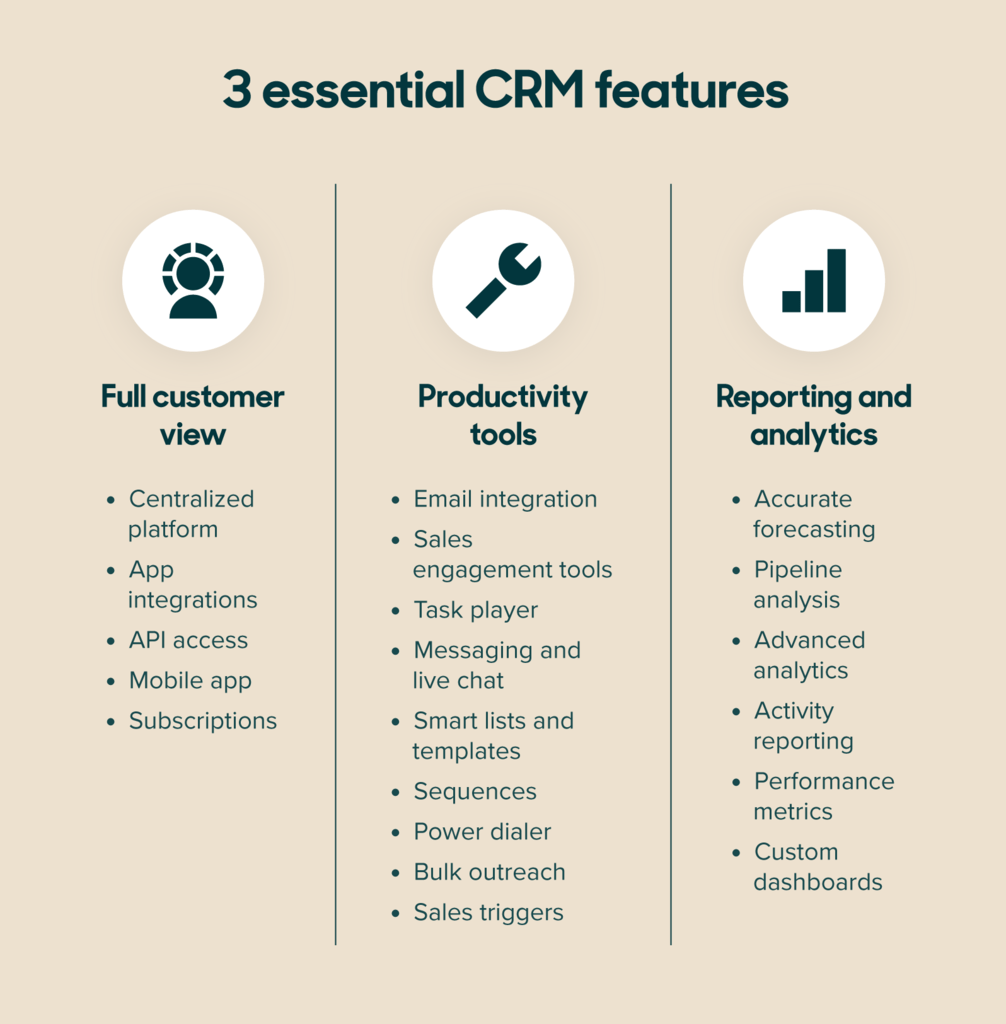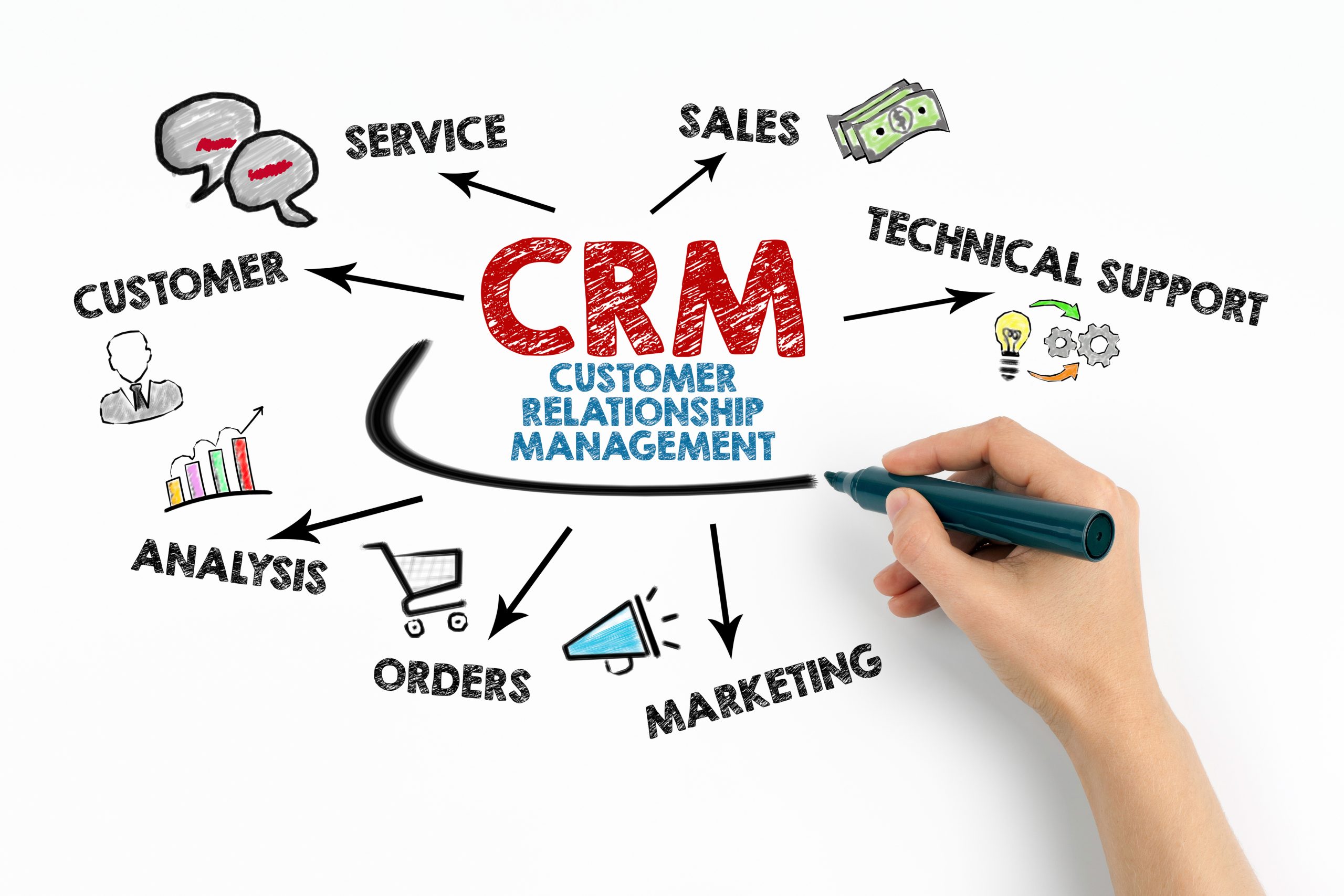
Revolutionizing Volunteer Management: How CRM Transforms Scheduling and Engagement
Introduction
Volunteers are the lifeblood of countless organizations, from non-profits and charities to community groups and even corporate social responsibility initiatives. However, managing these invaluable individuals can be a logistical challenge. Spreadsheets, email chains, and outdated databases often lead to scheduling conflicts, communication breakdowns, and ultimately, a diminished volunteer experience.
Enter Customer Relationship Management (CRM) software. While traditionally associated with sales and marketing, CRM has emerged as a powerful tool for volunteer management, particularly in the realm of scheduling. This article explores how CRM revolutionizes volunteer scheduling, enhances engagement, and empowers organizations to maximize the impact of their volunteer programs.
The Pain Points of Traditional Volunteer Scheduling
Before diving into the benefits of CRM, let’s acknowledge the common frustrations of traditional volunteer scheduling:
- Manual Processes: Relying on spreadsheets or paper-based systems is time-consuming, error-prone, and difficult to scale.
- Communication Gaps: Keeping volunteers informed about opportunities, schedule changes, and important updates can be a logistical nightmare.
- Limited Visibility: It’s challenging to get a comprehensive overview of volunteer availability, skills, and preferences.
- Scheduling Conflicts: Double-booking volunteers or overlooking availability restrictions can lead to frustration and attrition.
- Lack of Data-Driven Insights: Without centralized data, it’s difficult to track volunteer hours, identify trends, and measure the impact of volunteer efforts.
- Volunteer Burnout: Inefficient processes, poor communication, and a lack of appreciation can contribute to volunteer burnout and decreased engagement.
CRM: A Game-Changer for Volunteer Scheduling
CRM software provides a centralized platform to manage all aspects of volunteer interactions, from recruitment and onboarding to scheduling and ongoing communication. Here’s how it transforms volunteer scheduling:
-
Centralized Volunteer Database:
- CRM acts as a single source of truth for all volunteer data, including contact information, skills, availability, interests, past volunteer experiences, and any certifications or training they may have.
- This eliminates the need for multiple spreadsheets or disparate systems, ensuring data accuracy and consistency.
-
Streamlined Scheduling:
- CRM allows organizations to create and publish volunteer opportunities with specific dates, times, locations, and skill requirements.
- Volunteers can easily browse available opportunities and sign up for shifts that match their interests and availability through a self-service portal.
- Automated scheduling tools can match volunteers with suitable opportunities based on their skills, availability, and preferences.
-
Automated Communication:
- CRM enables automated email and SMS reminders to confirm volunteer shifts, provide pre-shift instructions, and communicate any last-minute changes.
- Personalized communication based on volunteer interests and engagement history fosters a sense of connection and appreciation.
- Organizations can use CRM to send newsletters, updates on organizational activities, and invitations to special events.
-
Conflict Management:
- CRM systems can prevent scheduling conflicts by automatically checking volunteer availability and flagging any overlaps.
- Organizations can easily identify and resolve scheduling issues, ensuring that all volunteer shifts are properly staffed.
-
Skills and Interest Tracking:
- CRM allows organizations to track volunteer skills, interests, and certifications.
- This enables them to match volunteers with opportunities that align with their expertise and passions, maximizing their contribution and engagement.
- It also helps identify gaps in volunteer skills and develop targeted training programs to address those needs.
-
Reporting and Analytics:
- CRM provides robust reporting and analytics capabilities to track volunteer hours, engagement levels, and the impact of volunteer efforts.
- Organizations can use this data to measure the ROI of their volunteer programs, identify areas for improvement, and demonstrate the value of volunteer contributions to stakeholders.
-
Integration with Other Tools:
- Many CRM systems integrate with other tools, such as email marketing platforms, event management software, and social media platforms.
- This enables organizations to streamline their volunteer recruitment and engagement efforts across multiple channels.
Key Features to Look for in a Volunteer CRM
When selecting a CRM for volunteer scheduling, consider the following features:
- Volunteer Database Management: Comprehensive profile management with custom fields to capture relevant information.
- Opportunity Creation and Management: Easy-to-use interface for creating and publishing volunteer opportunities.
- Online Volunteer Portal: Self-service portal for volunteers to browse opportunities, sign up for shifts, and update their profiles.
- Automated Scheduling: Tools to match volunteers with suitable opportunities based on their skills, availability, and preferences.
- Communication Automation: Automated email and SMS reminders, newsletters, and personalized messages.
- Reporting and Analytics: Robust reporting capabilities to track volunteer hours, engagement levels, and program impact.
- Mobile Accessibility: Mobile app or responsive design for volunteers to access information and manage their schedules on the go.
- Integration with Other Tools: Integration with email marketing platforms, event management software, and social media platforms.
- User-Friendly Interface: Intuitive interface that is easy for both volunteers and staff to use.
- Scalability: Ability to scale as your volunteer program grows.
- Security: Secure data storage and access controls to protect volunteer information.
- Affordability: Pricing that aligns with your organization’s budget.
Benefits Beyond Scheduling
While volunteer scheduling is a primary benefit, CRM offers a range of additional advantages:
- Improved Volunteer Recruitment: CRM can help organizations attract new volunteers through targeted outreach campaigns and online application forms.
- Enhanced Volunteer Onboarding: CRM can streamline the onboarding process by providing new volunteers with access to training materials, policies, and other important information.
- Increased Volunteer Retention: By improving communication, providing meaningful opportunities, and recognizing volunteer contributions, CRM can help organizations retain their volunteers longer.
- Stronger Volunteer Engagement: CRM can foster a sense of community and connection among volunteers through personalized communication, events, and recognition programs.
- Better Data-Driven Decision Making: CRM provides valuable insights into volunteer demographics, skills, and engagement patterns, enabling organizations to make more informed decisions about their volunteer programs.
- Improved Compliance: CRM helps organizations keep track of background checks, training certifications, and other compliance requirements for volunteers.
- Enhanced Fundraising: Engaged volunteers are more likely to become donors, and CRM can help organizations cultivate relationships with volunteers and solicit donations.
Examples of CRM in Action
- A local food bank uses CRM to schedule volunteers for food sorting, packing, and distribution. The system sends automated reminders to volunteers, ensuring that shifts are always adequately staffed.
- An animal shelter uses CRM to manage volunteers who walk dogs, care for cats, and assist with adoption events. The system tracks volunteer skills and interests, matching them with animals and tasks that they are passionate about.
- A community theater uses CRM to schedule volunteers for ushers, ticket takers, and backstage crew. The system allows volunteers to sign up for specific performances and tracks their hours for recognition purposes.
Conclusion
CRM is no longer just for sales and marketing; it’s a game-changer for volunteer management. By centralizing volunteer data, streamlining scheduling, automating communication, and providing valuable insights, CRM empowers organizations to maximize the impact of their volunteer programs. By embracing CRM, organizations can create a more rewarding experience for volunteers, improve efficiency, and achieve their mission more effectively.
Investing in the right CRM solution is an investment in your volunteers and the future of your organization. It’s time to move beyond spreadsheets and embrace the power of technology to transform your volunteer program.

